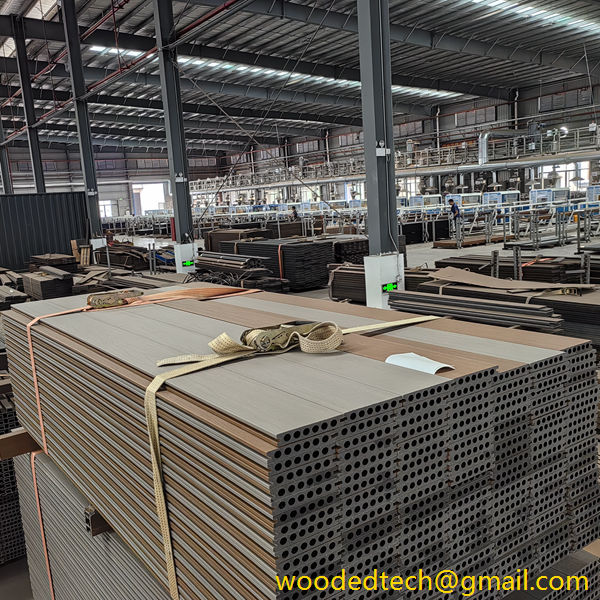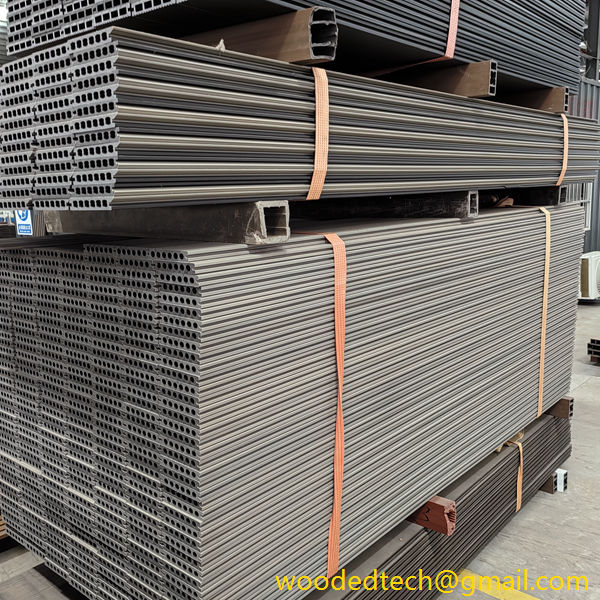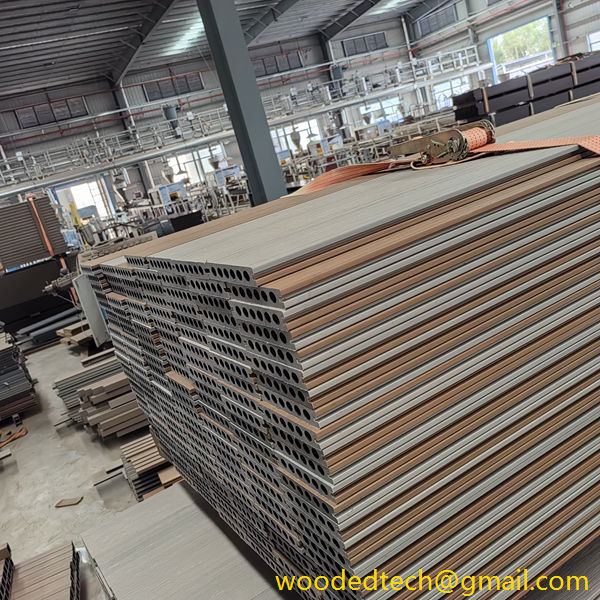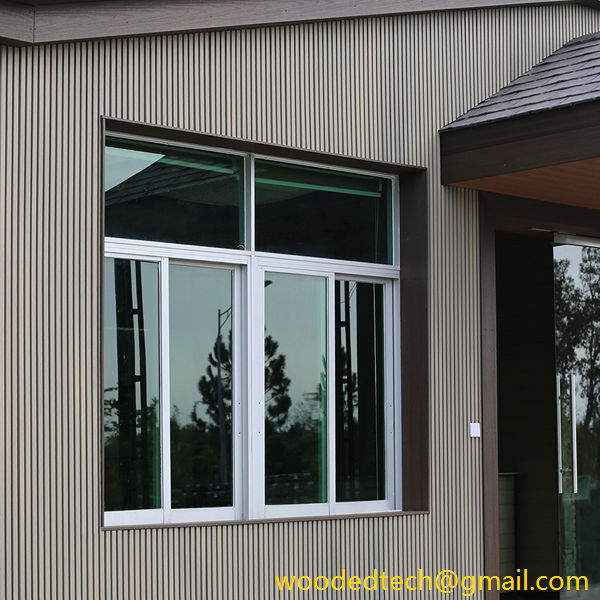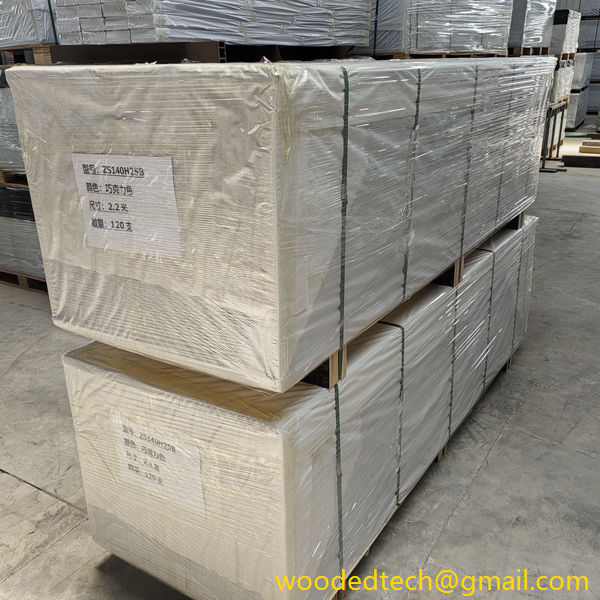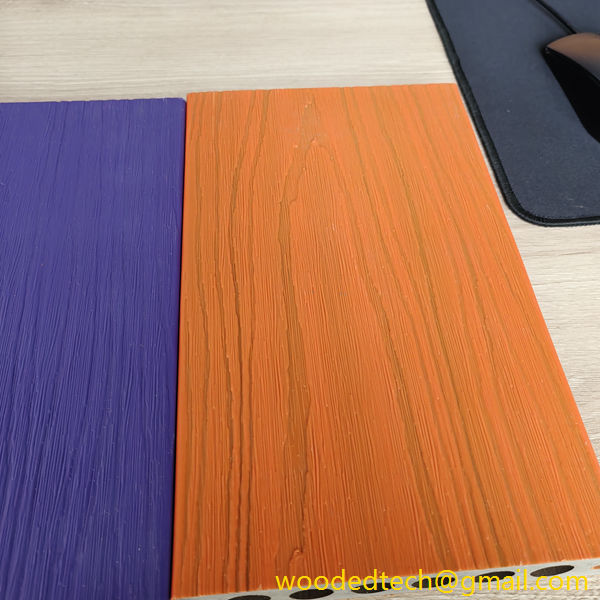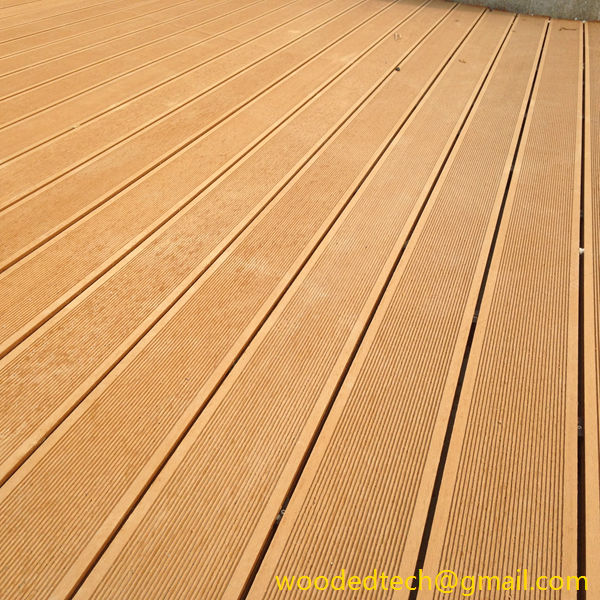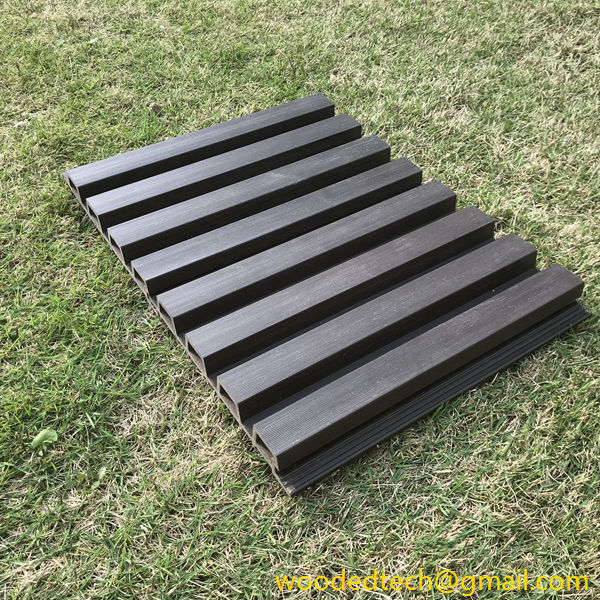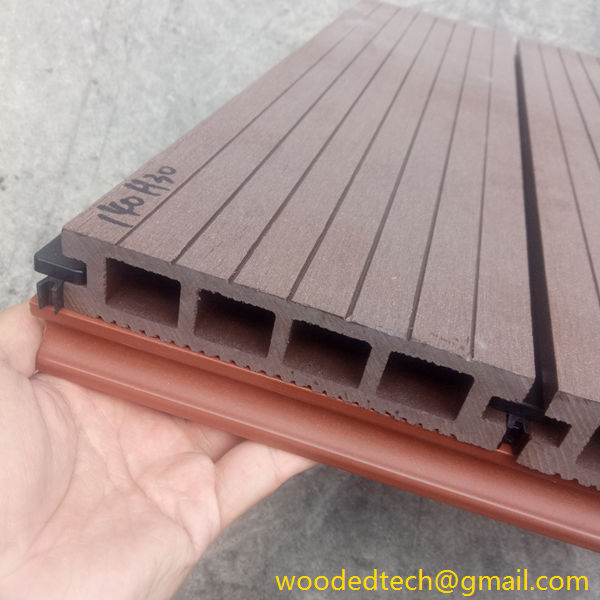Understanding WPC Decking HS Code for Compliance in International Trade
Understanding WPC Decking HS Code for Compliance in International Trade In the dynamic world of international trade, compliance with regulations is paramount. Among the many products traded globally, Wood-Plastic Composite (WPC) decking has gained significant popularity due to its durability, aesthetic appeal, and eco-friendliness. However, for businesses engaged in the import or export of WPC…
Understanding WPC Decking HS Code for Compliance in International Trade
In the dynamic world of international trade, compliance with regulations is paramount. Among the many products traded globally, Wood-Plastic Composite (WPC) decking has gained significant popularity due to its durability, aesthetic appeal, and eco-friendliness. However, for businesses engaged in the import or export of WPC decking, understanding its Harmonized System (HS) code is crucial for ensuring compliance with trade regulations and avoiding potential penalties.
What is WPC Decking?
Wood-Plastic Composite decking is a material made from a blend of wood fibers and plastic, which combines the best attributes of both materials. It offers the natural look and feel of wood while providing the durability and low maintenance associated with plastic. WPC decking is resistant to moisture, insects, and warping, making it an ideal choice for outdoor applications such as patios, decks, and walkways.
The increasing demand for WPC decking has led to its widespread use in residential and commercial projects. As a result, manufacturers and suppliers are looking to expand their markets globally. However, to successfully navigate the complexities of international trade, understanding the appropriate HS code for WPC decking is essential.
What is an HS Code?
The Harmonized System (HS) is an internationally standardized system of names and numbers used to classify traded products. Developed and maintained by the World Customs Organization (WCO), the HS code system serves as a universal language for international trade. It allows customs authorities to identify goods and assess tariffs, ensuring that trade flows smoothly and transparently.
HS codes consist of six digits, although countries may further subdivide these codes for their specific tariff classifications. For instance, if a product falls under a general category, the country may apply additional digits to specify its exact nature or use.
WPC Decking HS Code Classification
Determining the correct HS code for WPC decking can be challenging due to the composite nature of the material. Generally, WPC decking is classified under Chapter 44 of the HS code system, which pertains to wood and articles of wood. However, the specific subheading can vary based on the composition of the decking material, its intended use, and any additional manufacturing processes involved.
For example, if the WPC decking contains a significant proportion of wood fibers, it may be classified under HS code 4418, which covers “builders’ joinery and carpentry of wood.” Conversely, if the plastic content is more prominent, it could fall under Chapter 39, which deals with plastics and articles made from plastic.
It is essential for businesses to conduct thorough research and possibly consult with customs experts or trade advisors to accurately classify their WPC decking products. Misclassification can lead to incorrect duty assessments, fines, and delays in customs clearance, which can significantly impact a company’s bottom line.
Importance of Compliance
Compliance with HS codes and customs regulations is not merely a bureaucratic requirement; it is a critical component of international trade strategy. Companies that fail to comply may face severe consequences, including financial penalties, shipment delays, and damage to their reputation.
Moreover, navigating international markets requires an understanding of varying regulations across countries. Each nation may have its own rules regarding the import and export of WPC decking, including safety standards, environmental regulations, and labeling requirements. Therefore, companies must be diligent in ensuring that their products meet these criteria to facilitate smooth transactions.
Another vital aspect of compliance is the potential for trade agreements and tariffs. Understanding the HS code classification can provide insights into applicable tariffs and trade agreements that may affect pricing and competitiveness in international markets. For instance, certain countries may have preferential tariff rates for specific HS codes, allowing businesses to gain a competitive edge.
Staying Updated on Changes
The landscape of international trade is ever-evolving, with new regulations, trade agreements, and tariffs continually emerging. Therefore, companies must stay informed about changes that may impact their products and trade practices. This includes regularly checking for updates to the HS code system, as revisions can occur that affect how WPC decking is classified.
In addition to monitoring changes in regulations, businesses should also invest in training for their staff involved in international trade. Knowledgeable employees can help ensure that the company adheres to compliance requirements and understands the implications of misclassification or non-compliance.
Conclusion
In summary, understanding the HS code for WPC decking is a critical aspect of compliance in international trade. As the demand for WPC decking continues to rise, businesses must navigate the complexities of customs classifications, regulations, and market dynamics. By accurately classifying their products and staying informed about international trade regulations, companies can position themselves for success in the global marketplace.
In a competitive environment, compliance not only protects businesses from legal repercussions but also enhances their reputation and fosters trust among customers and partners. As the market for WPC decking expands, a proactive approach to understanding and adhering to HS code classifications will be a significant asset for any company looking to thrive in international trade.

